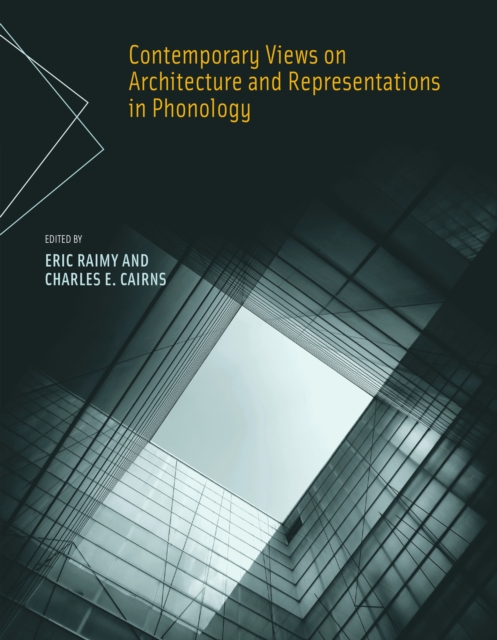
Contemporary Views on Architecture and Representations in Phonology PDF
Edited by Eric Raimy, Charles E. Cairns
Part of the Current Studies in Linguistics series
Description
Leading phonologists discuss contemporary work on the topics of metrical theory, feature theory, syllable theory, and the relation among grammatical modules.
The essays in this volume address foundational questions in phonology that cut across different schools of thought within the discipline. The theme of modularity runs through them all, however, and these essays demonstrate the benefits of the modular approach to phonology, either investigating interactions among distinct modules or developing specific aspects of representation within a particular module. Although the contributors take divergent views on a range of issues, they agree on the importance of representations and questions of modularity in phonology. Their essays address the status of phonological features, syllable theory, metrical structure, the architecture of the phonological component, and interaction among components of phonology. In the early 1990s the rise of Optimality Theory-which suggested that pure computation would solve the problems of representations and modularity-eclipsed the centrality of these issues for phonology. This book is unique in offering a coherent view of phonology that is not Optimality Theory based. The essays in this book, all by distinguished phonologists, demonstrate that computation and representation are inherently linked; they do not deny Optimality Theory, but attempt to move the field of phonology beyond it.
Information
-
Download - Immediately Available
- Format:PDF
- Pages:432 pages
- Publisher:The MIT Press
- Publication Date:20/03/2009
- Category:
- ISBN:9780262255325
Information
-
Download - Immediately Available
- Format:PDF
- Pages:432 pages
- Publisher:The MIT Press
- Publication Date:20/03/2009
- Category:
- ISBN:9780262255325










